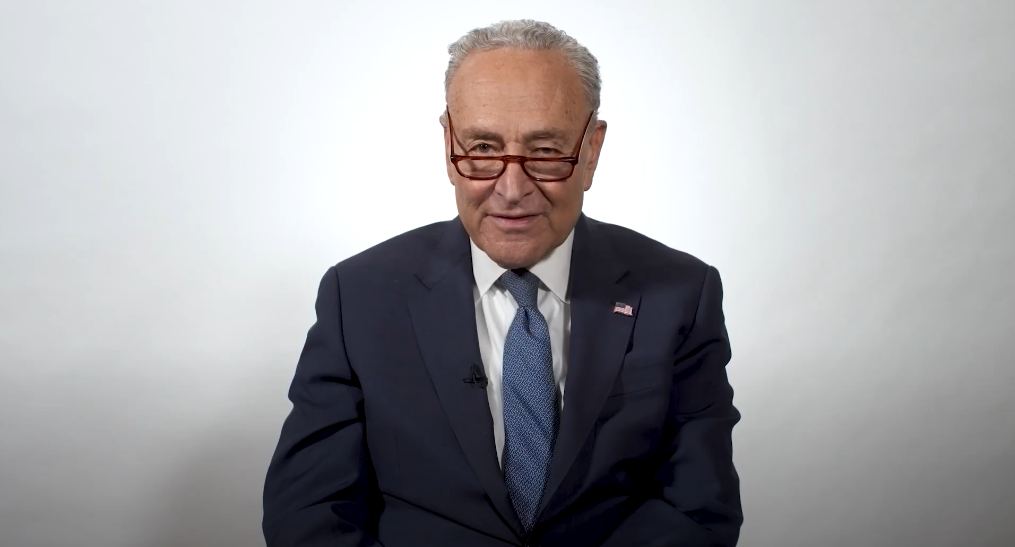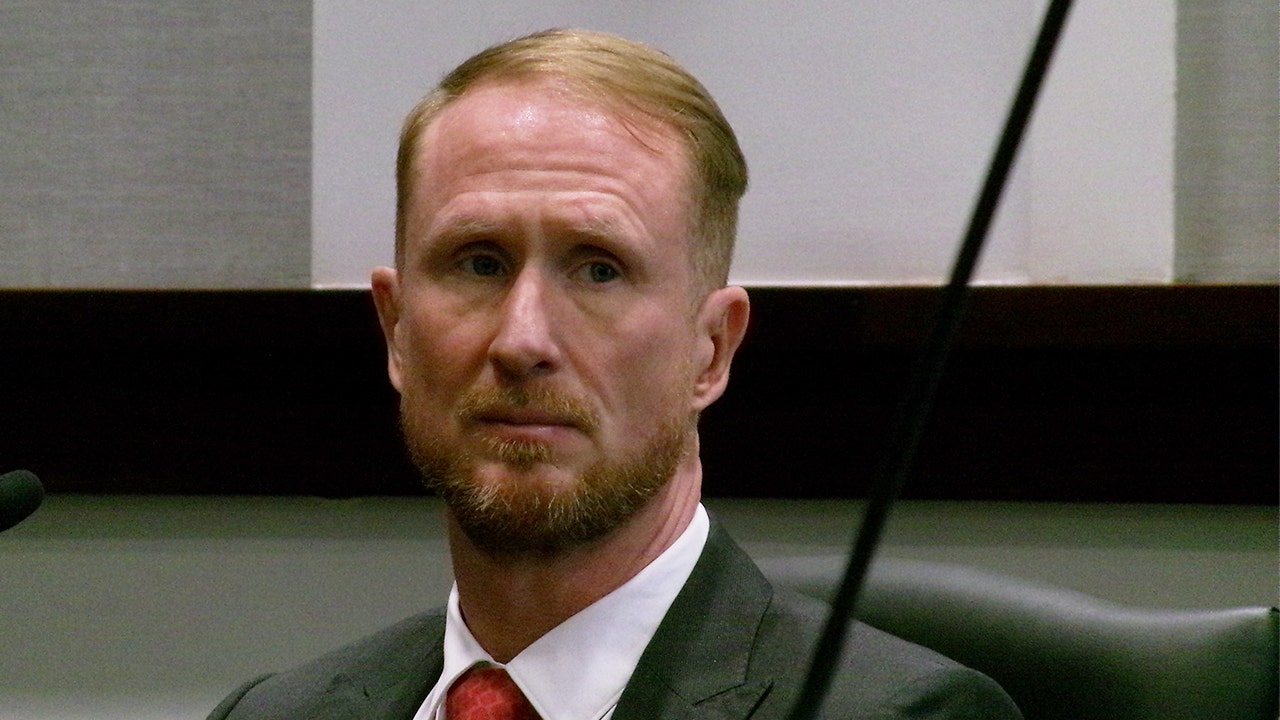With 15.5 million U.S. adults currently diagnosed with ADHD, there is a growing focus on warning signs of the disorder.
Attention-deficit/hyperactivity disorder is a "developmental disorder marked by persistent symptoms of inattention, hyperactivity and impulsivity," as defined by the National Institutes of Health.
"ADHD is often misunderstood as just being overly distracted or hyperactive — in reality, it’s a neurodevelopmental condition that affects focus, emotional regulation, time management and impulse control," Lisa Anderson, a licensed clinical social worker and clinical director at Brooks Healing Center in Tennessee, told Fox News Digital.
ADHD NOW AFFECTS 15.5 MILLION US ADULTS, SAYS NEW CDC REPORT
More than half of the adults with attention-deficit/hyperactivity disorder didn’t learn they had the condition until adulthood, according to data from the Centers for Disease Control and Prevention (CDC).
Fox News Digital spoke with multiple mental health experts, who identified the most common signs and symptoms of ADHD in adults.
Adults with ADHD have difficulty managing impulsivity, according to Zoë Kahn, a licensed psychotherapist and ADHD therapist in Pasadena, California.
"This can look like blurting out answers in a classroom setting, interrupting in conversation and difficulty thinking through the long-term consequences of choices," she told Fox News Digital.
ADHD AFFECTS 1 IN 9 KIDS IN US, NEW REPORT REVEALS: ‘SHAME AND STIGMA’
Impulsivity can also lead to making snap decisions without considering long-term consequences, Anderson added.
"It might also manifest subtly, like overspending on impulse purchases or having trouble waiting your turn in group discussions," she said.
Procrastination and difficulty following through on tasks are common signs of ADHD, Anderson noted.
"You might struggle to start tasks, even when vital, or abandon them halfway through," she said. "You might jump between tasks without finishing anything or focus on smaller, less urgent tasks while the bigger, more critical ones remain untouched."
It's not about laziness, Anderson noted, but about feeling overwhelmed by what needs to be done.
"ADHD-related daydreaming is persistent and often disruptive, especially when it happens during crucial tasks or conversations," she said.
"This isn’t just about occasionally zoning out during a long meeting — it’s a persistent challenge that affects work, relationships and daily responsibilities."
People with ADHD may struggle to manage their schedules, often underestimating how long it will take to complete a project or reach a destination.
"Deadlines might sneak up on you, or you might feel perpetually behind on tasks, no matter how early you started," Anderson told Fox News Digital.
ADHD IN MALES VERSUS FEMALES: WHAT YOU MUST KNOW ABOUT THE DIFFERENCES IN SYMPTOMS AND TREATMENTS
"This can create a constant cycle of stress and underachievement, leaving you feeling frustrated with yourself."
Mental fatigue and burnout are widespread in individuals with ADHD, according to Anderson.
"The ADHD brain often works in overdrive, juggling competing thoughts and struggling to stay on track," she said.
"This constant effort to stay focused and organized can leave you feeling drained, even after relatively short periods of productivity."
Another sign of ADHD in adults is general disorganization, Kahn said, which can lead to an inability to follow through on tasks, meet important deadlines, pay bills on time or keep appointments.
They may also find themselves misplacing important items, like car keys.
"Adults with ADHD have a hard time finding and keeping focus, which could look like not paying attention in conversation, missing key details, being easily distracted in certain settings, or even focusing on the wrong details," Kahn added.
People with ADHD often find themselves fidgeting and feeling generally restless, according to Dr. Michelle Dees, a board-certified psychiatrist at Luxury Psychiatry Clinic in Chicago.
"In adults, this may present as inner disquietude or incomplete calmness," she told Fox News Digital.
Anderson reiterated this common symptom, noting that in children, it often takes the form of physical hyperactivity.
DEPRESSION COULD BE PREVENTED WITH SPECIFIC DAILY STEP COUNT, STUDY FINDS
"It often transforms into internal restlessness in adults, where you feel like you can’t fully relax or sit still without feeling jittery," she said. "This constant sense of being ‘on edge’ can become exhausting over time."
"Many adults with ADHD have difficulty maintaining relationships with others due to inappropriate social behaviors, such as frequently interrupting, losing interest in conversations, difficulty paying attention and forgetfulness," Kahn noted.
"You might forget to call friends back or forget about commitments to others, which can cause issues in your relationships."
Emotional sensitivity often accompanies ADHD, according to Anderson. This can manifest as mood swings, irritability or heightened responses to minor frustrations.
"Many people with ADHD describe feeling like their emotions are more intense and more challenging to control than those of others around them," she added.
If you’ve experienced several of the above signs and they interfere with your daily life, experts recommend seeking help.
"ADHD is not a flaw nor something to be ashamed of — it’s simply a different way of processing information and interacting with the world," said Anderson.
The first step is to speak with a health care professional specializing in ADHD, such as a psychologist, psychiatrist or even your primary care physician, she suggested.
"They can provide a proper evaluation and help you explore treatment options, including therapy, medication or lifestyle adjustments," Anderson noted.
Potential solutions include mindfulness exercises and cognitive behavioral therapy (CBT), which can help people with ADHD to improve their organization, time management and emotion regulation, the same source stated.
CLICK HERE TO SIGN UP FOR OUR HEALTH NEWSLETTER
"For many people, medication is also an essential part of managing ADHD, as it can help balance brain chemistry and improve focus," Anderson added.
Brooke Bardin, a licensed clinical social worker and director of Clinical Quality Assurance in Los Angeles, pointed out that ADHD can sometimes be confused for other conditions.
"ADHD has overlapping symptoms with other disorders and is often comorbid with other diagnoses," she told Fox News Digital.
Anywhere from 40% to 70% of people with autism spectrum disorder also have ADHD, according to Bardin.
For more Health articles, visit www.foxnews.com/health
It can also occur in tandem with learning disorders, anxiety disorders and mood disorders.
"Because of this, it is important to be assessed by a psychiatrist or mental health clinician," Bardin advised.
As you seek out the right support and strategies, Anderson emphasizes the importance of being kind to yourself.
"ADHD isn’t a limitation — it’s a unique way of experiencing the world, and with the right tools, you can learn to harness its strengths and work through its challenges."
.png)
 3 days ago
12
3 days ago
12


































 Bengali (BD) ·
Bengali (BD) ·  English (US) ·
English (US) ·